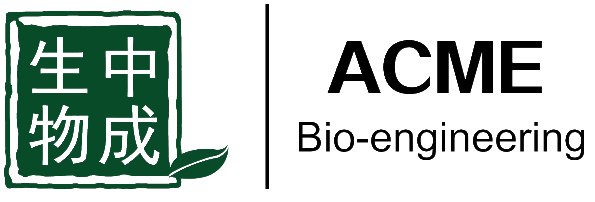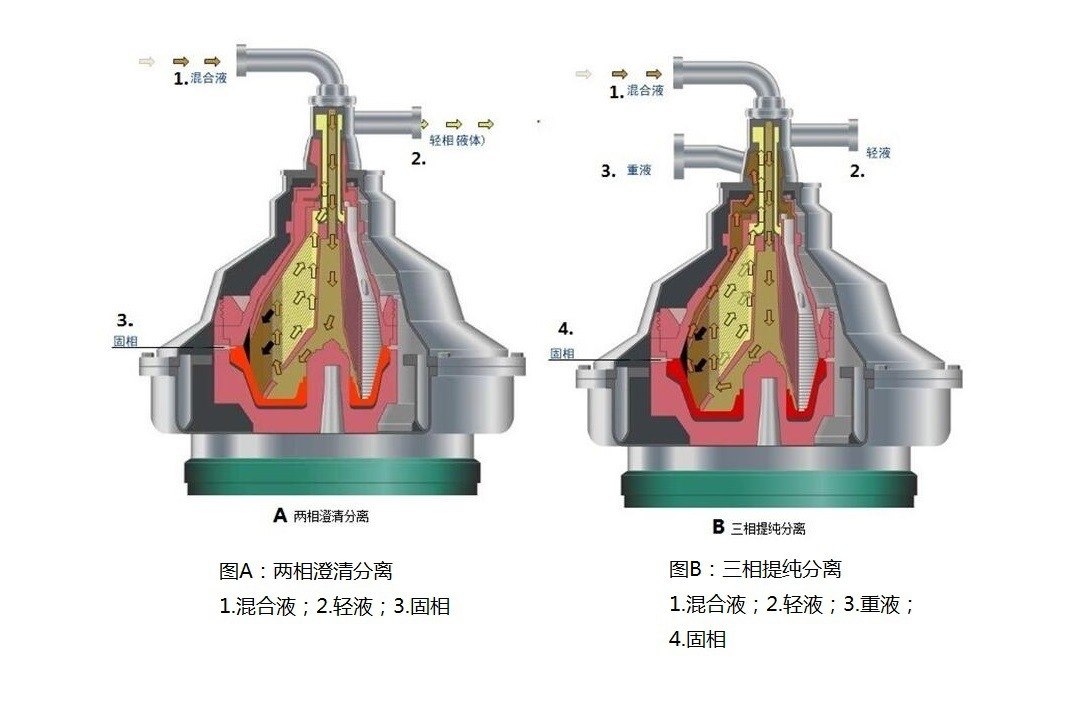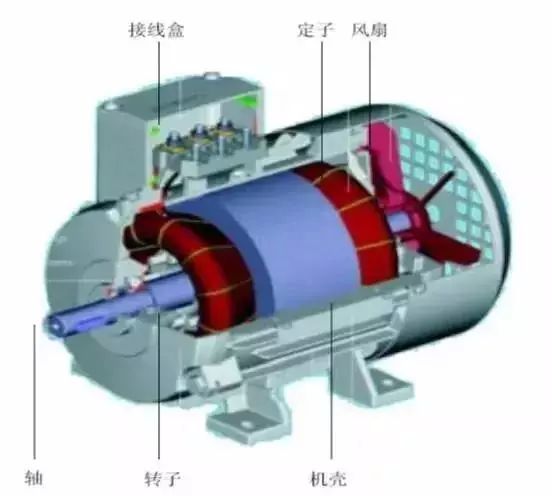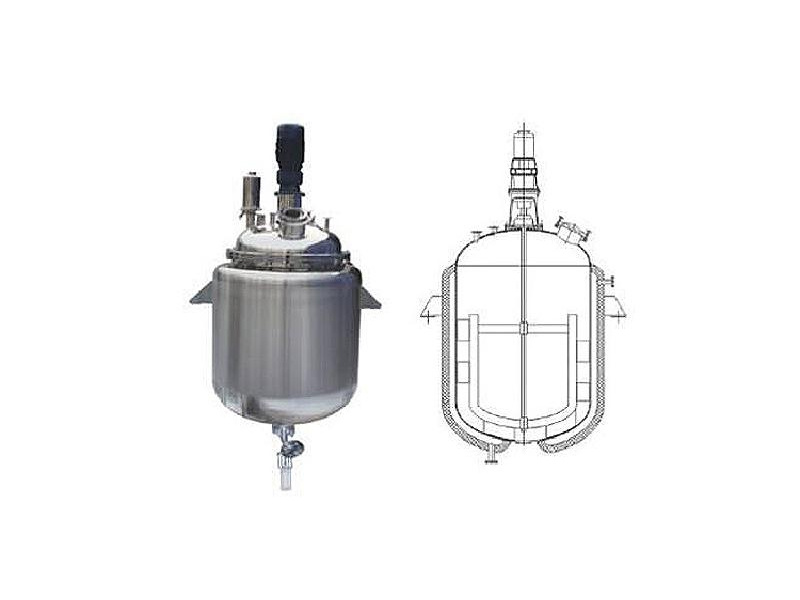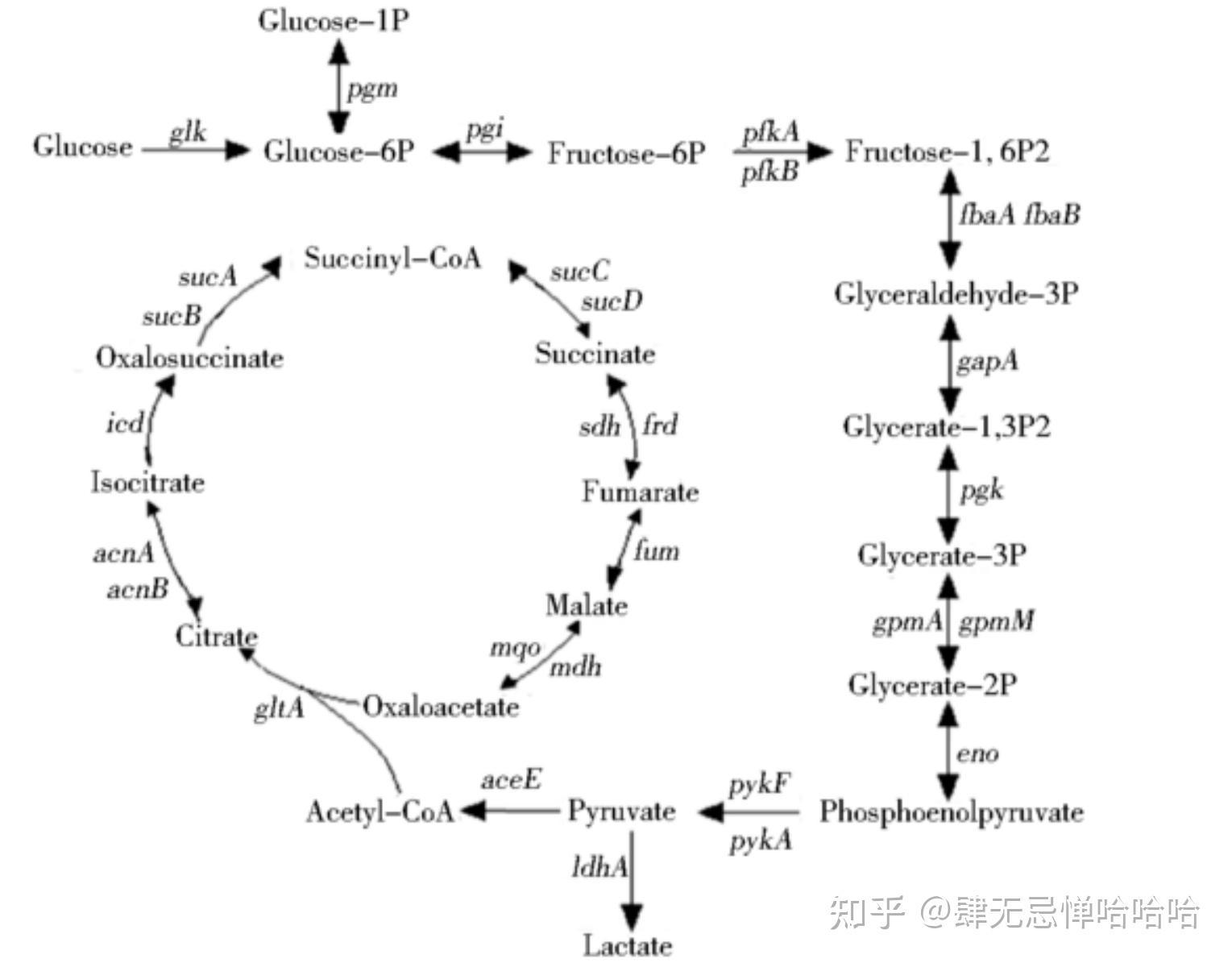24
2025
-
04
Introduction of Frequency Converter
Definition
A frequency converter is a power control device that applies frequency conversion technology and microelectronics technology, mainly used to regulate the rotational speed of AC motors. It achieves precise control of the motor speed by changing the frequency of the motor's working power supply.
Working principle
The frequency converter mainly adopts the AC-DC-AC mode (VVVF frequency conversion or vector control frequency conversion). First, the industrial frequency AC power supply is converted into a DC power supply through a rectifier, and then the DC power supply is converted into an AC power supply with controllable frequency and voltage to supply the motor.
Characteristics
It adopts a multiplex PWM control mode, with the output voltage waveform approaching a sine wave. The multiplex of the rectifier circuit results in a large number of pulses, a high power factor, and less input harmonics.
The modular design, compact structure and convenient maintenance enhance the stability and reliability of the product.
Classification
By control mode classification: Common ones include U/f control frequency converters, vector control frequency converters, direct torque control, etc. Vector control frequency converters are used in situations with high precision requirements.
Classified by voltage regulation method: there are PAM frequency converters and PWM frequency converters, etc.
Classified by the nature of DC power supply: voltage-type frequency converters and current-type frequency converters.
Related News
Release time: 2025-04-27
Release time: 2025-04-24
Release time: 2025-04-16

Tel: +86-18663389867

E-mail: dqm@acme-china.com

Address: Room 8006, Excellence Financial Plaza, 215 Shuangzhu Road, Huangdao District, Qingdao, Shandong
Copyright © 2025 ACME Biotechnology CO.,LTD | SEO | Business license
